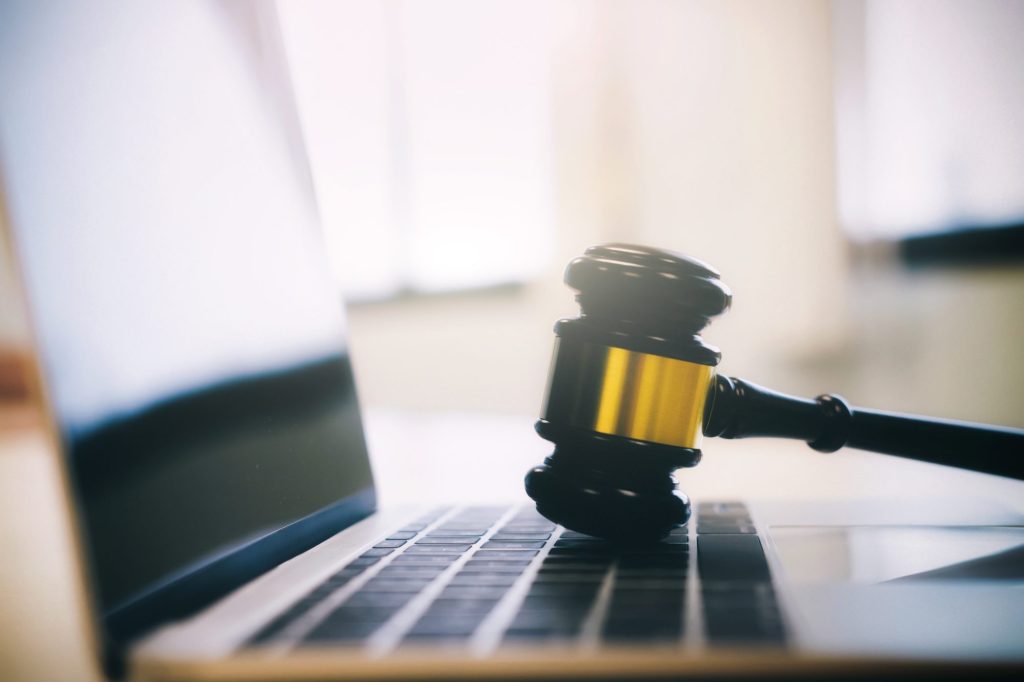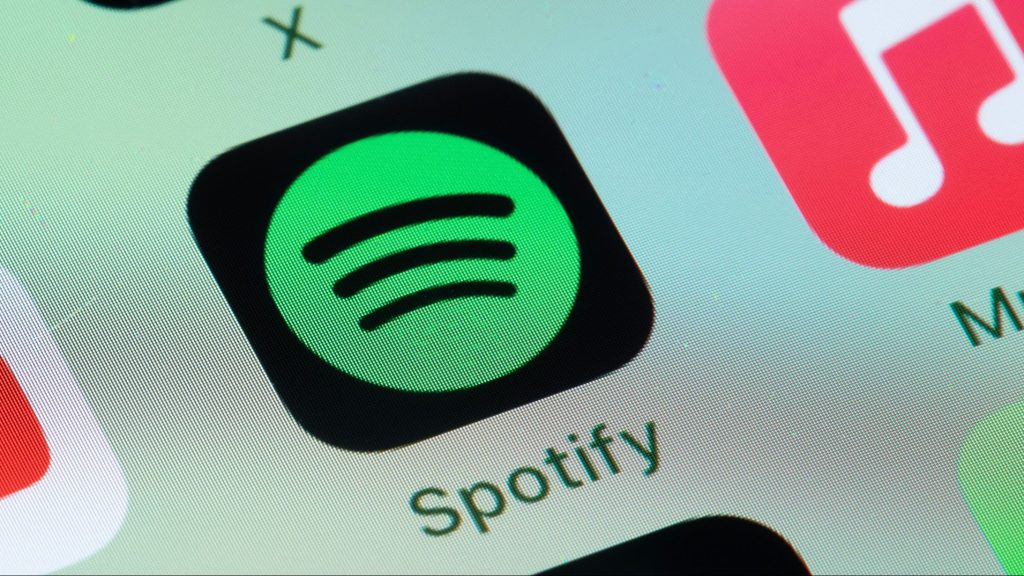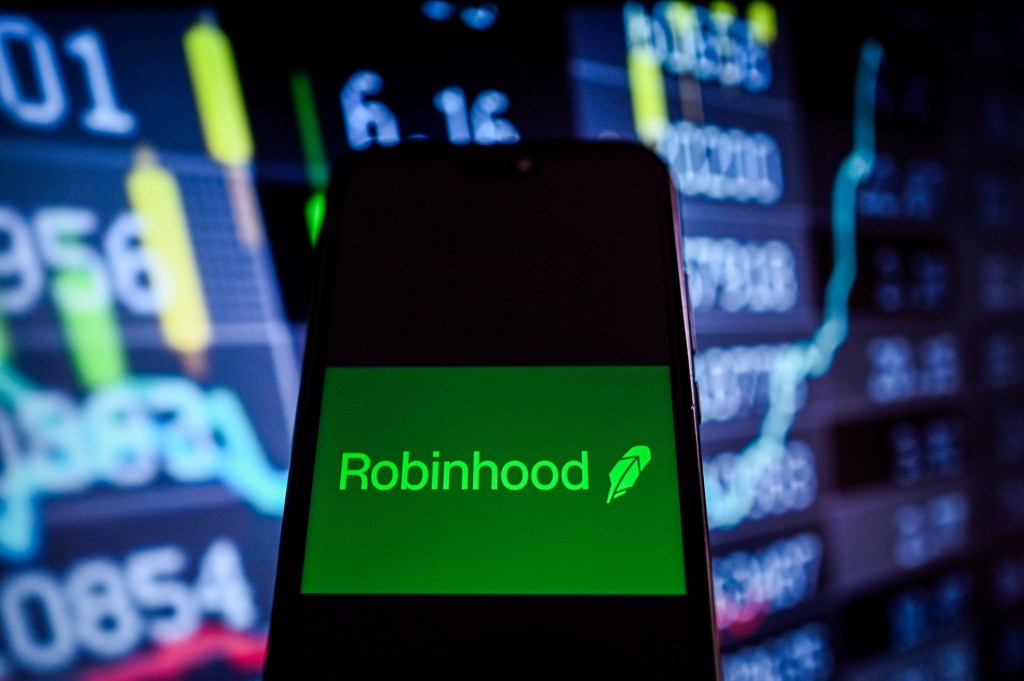All the salacious headlines are (mostly) true — as of today, you can’t unlock a carrier-subsidized smartphone on your own before the contract associated with it runs out without technically running afoul of the Digital Millennium Copyright Act. Granted, I’d wager that the number of people who faithfully stick to their multi-year wireless contracts far exceeds the number of people who would unlock their phones and bail, but this is still a damned lousy turn of events for all you proponents of phone freedom out there (myself included).
But how did this actually happen? To more clearly understand the change that went into effect today, we have to flash back to the heady days of 2010.
In late July of that year, the Electronic Frontier Foundation announced on its blog that it had won three big exemptions to the DMCA. One of them dealt with the legality of using copyrighted footage from DVDs for noncommercial works of “criticism or comment,” but yet another exemption made it legal to jailbreak a phone, and the final was actually the renewal of an existing exemption for (you guessed it) unlocking phones for use on other networks.
Everything was copacetic until this past October, when the U.S. Copyright Office and the Librarian of Congress spent time reviewing some of those exceptions made to the DMCA. Geekier endeavors like jailbreaking or rooting your devices are still totally kosher, but after extensive review the original exemption for unlocking phones was overturned, noting the ability for users to unlock their own phones for use on other networks just wasn’t necessary anymore given the perceived ease of obtaining either a pre-unlocked phone or a carrier-sanctioned way to unlock one:
The [Register of Copyrights] concluded after a review of the statutory factors that an exemption to the prohibition on circumvention of mobile phone computer programs to permit users to unlock “legacy” phones is both warranted and unlikely to harm the market for such programs.
At the same time, in light of carriers’ current unlocking policies and the ready availability of new unlocked phones in the marketplace, the record did not support an exemption for newly purchased phones.
The decision goes on to say that, considering “precedents in copyright law,” a 90 day transitional period would be allowed so people would have time to unlock their phones before the exemption kicked in. That period has just run out.
The full text of the Librarian’s report can be found here (the section on unlocking starts on page 16), and after taking a few moments to glance through it, the amount of lobbying and discussion that went into the process of drawing a conclusion is pretty amazing. As you might expect, one of the most vocal proponents of axing the exemption was the CTIA, a wireless trade group that counts every major U.S. wireless carrier (not to mention a whole host of others) among its members. It’s no shock to see the CTIA — and, by extension, the carriers — get a little worked up over this.
You see, shelling out a mere $99 and signing a piece of paper may seem like a trivial action for the person actually doing it, but the carriers view the situation a little differently. They sell those phones with hefty subsidies in hopes that they’ll make up the difference (and then some) over the two years a customer is contractually bound. In this case, the CTIA’s argument basically boils down one of money: “the practice of locking cell phones is an essential part of the wireless industry’s predominant business model.” Put another way, unlocking a phone can be considered one of the first steps in jamming up a carrier’s revenue stream, and they certainly don’t want that happening too often. In this case, carriers get some additional protection without inconveniencing their customers en masse — not a bad deal for them.
So yes, unlocking your phone without your carrier’s explicit approval is technically verboten. But let’s not forget what this particular change doesn’t mean — the police most likely aren’t going to knock down your door because you felt the compulsion to free your phone from your carrier’s shackles. It also doesn’t mean that the stash of old phones nestled in your drawer can’t be unlocked — so-called “legacy” devices are exempt from silly change, so feel free to take your old phones and show them a little bit of freedom. You can still buy unlocked phones from eBay and Amazon like you always could, and hey, some phones sold by carriers are unlocked right out of the box anyway.
But all those caveats raise an even weightier question: what will actually happen if you unlock your phone? For now, it’s the sort of question that comes without any clear answers — if anyone, it’s the carriers who have the ability to detect and crack down on unsanctioned unlocked phones, but so far none of them seem very keen on addressing the matter. I’ve reached out to representatives from AT&T and T-Mobile, the two most prominent GSM carriers in the country (and therefore the two carriers that are mostly likely to deal with the issue of unlocked phones) and asked what would happen if either carrier had determined that one of their customers had illicitly unlocked their phone.
Surprise, surprise — I was met with canned responses and unsatisfying non-answers at every turn. It seems they’re angling to keep that particular card close to their chests for now. What’s also unclear is whether or not intrepid unlockers (and the folks that make unlocking tools and services) will soon face any legal ramifications. Electronic Frontier Foundation lawyer Mitch Stoltz told Engadget earlier today that the U.S. Copyright Office is “taking away a shield that unlockers could use in court if they get sued.”
The key word in that sentence is “if” — while I doubt we’ll be hearing about many unlocking-related lawsuits in the weeks and months to come, there’s little denying that this turn of events has left more than a few people wondering about what it really means to purchase and own something. Some have already made their discontent known; a We The People petition imploring the Librarian of Congress to rescind the decision has already made the rounds on Reddit and Hacker News, and racked up nearly 15,000 signatures in two days.
UPDATE: To its credit, the CTIA has painted a clearer picture of the potential legal penalties of unlocking a phone on its official blog. Sadly, those penalties aren’t inconsequential:
Civil penalties are based on the carrier’s actual damages and any additional profits of the violator, or a court can award statutory damages of not less than $200 or more than $2,500 per individual act. Criminal penalties are even more severe: any person convicted of violating section 1201 willfully and for purposes of commercial advantage or private financial gain (1) shall be fined not more than $500,000 or imprisoned for not more than 5 years, or both, for the first offense; and (2) shall be fined not more than $1,000,000 or imprisoned for not more than 10 years, or both, for any subsequent offense.































Comment